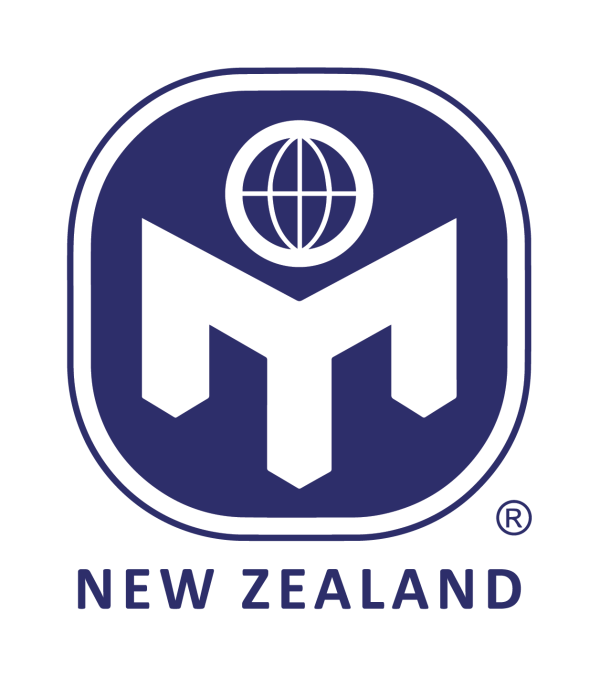Online: Sunday Seminars
Join us for online (Zoom) seminars covering major issues that many people may want to know more about and/or know what they can do more about.
June 2025
Date and time: NZ 12 noon, June 29th
(off the normal schedule to avoid a US holiday weekend)
Topic: Space Innovation at the Bottom of the World - The Growing NZ Space Industry
Description
Discover how Aotearoa New Zealand is carving out a bold position in the global space economy. From cutting-edge advancements in green propulsion, space power beaming, and solar-powered unmanned aircraft, to being ranked the fourth nation in the world in launching the most rockets into space, New Zealand's contributions are more than just ambitious—they're disruptive and globally relevant. This session will explore the country’s unique regulatory and cultural advantages, its progressive commercial approach, and how its geographic location creates both opportunities and challenges. Whether you're curious about industry growth, global collaborations, or future opportunities for education and innovation, this talk offers a comprehensive look into the exciting trajectory of New Zealand’s rapidly evolving space sector.
Speakers
Emeline Paat-Dahlstrom, CEO SpaceBase
Emeline Paat-Dahlstrom is the Co-Founder and CEO of SpaceBase, a social enterprise focused on ‘space for everyone’ starting with New Zealand. She also co-founded the Global Space Enablers Network. She is also a co-founder of International Space Consultants and is part of the lunar company Ceres Robotics team. Emeline has over 30 years of experience building New Space - through her work at Space Adventures, the first space tourism company sending private citizens to the International Space Station; to program development and teaching at International Space University. She was the Chief Impact Officer and Exec VP of Operations at Singularity University and is currently their Space Fellow. Emeline consults and mentors space start-ups around the world.
Eric Dahlstrom CTO SpaceBase
Eric Dahlstrom is the Co-Founder and CTO of SpaceBase. He has over 40 years of experience as a systems engineer for public and private space companies in the US. Eric worked at 5 NASA centres – from the design of the International Space Station to risk assessment for the Space Shuttle programme and managing the development of commercial lunar landers. He is Faculty and Chair of the Space Science Department at the International Space University Space Studies Programme. He advises and mentors space start-up companies around the world.
Emeline and Eric are Edmund Hillary Fellows and in 2023 were named ‘World Class Friends of New Zealand’ at the Kea Global awards for their work supporting the NZ space sector.
July 2025
Date and time: NZ 12 noon, July 20th
(rescheduled from an earlier date due to speaker illness)
Topic: How Buildings Stand Up (or Why They Don’t Fall Down)
Description
This talk will break down what you really need to know and worry about if you live somewhere exposed to earthquakes. Come take a crash course in Engineering 101 (no math, promise!), where we will bust some myths about buildings and earthquakes. And most importantly, find out what you can do in your own life about seismic risk. While we will mostly discuss seismic risk in New Zealand, much of the content should be of interest and even relevant to people in any seismic area around the world.
Speaker
Caleb Dunne has built a career where the best-case scenario is that absolutely nothing happens. After studying and practising as a structural engineer in California (USA), he moved to New Zealand to study disaster risk and resilience following the Canterbury Earthquakes in Christchurch. Now based in Wellington (NZ), Caleb is a Principal Advisor in Risk Reduction for the Natural Hazards Commission Toka Tū Ake, where he brings his experience in engineering and natural hazard risk to reduce the impact of natural hazard events on people and communities.
How to access the seminars
The seminars are held via Zoom and are open to all current Mensa members (NZ and international) and invited guests.
For details of how to access the next seminar -
- Mensa NZ members - link
- members of other National Mensas - please download and complete this fillable form and return to seminars@mensa.org.nz
Future seminars
Previous seminars
May 4th 2025
Topic: New Zealand's place in the world's market
Speaker: Nick Swallow
April 6th 2025
Topic: How will AI reshape jobs and the job market?
Speaker: Robin Hanson
March 2nd 2025
Topic: Molecular Manufacturing and Microscopic Medical Robots
Speaker: Tad Hogg
February 2nd 2025
Topic: The past, present, and future of AI
Speaker: Hazel Watson-Smith
December 8th 2024
Topic: The intergenerational value of regular population censuses whilst amidst a population storm
Speaker: Len Cook
December 1st, 2024
Topic: Climate change – what’s happening and what do we do about it?
Speaker: James Renwick
